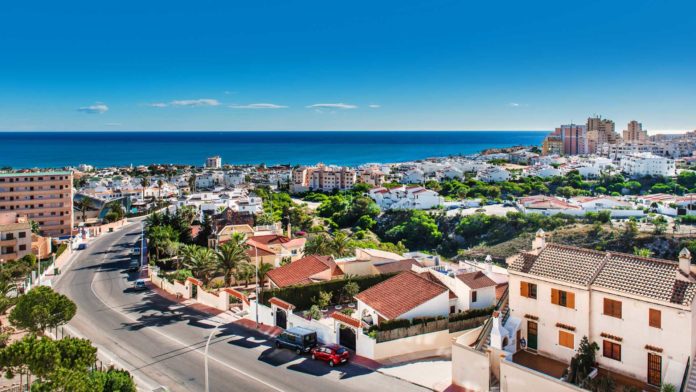Tourist accommodation websites offer thousands of homes that are not included in the registry managed by the Generalitat Valenciana. The main platforms are Airbnb, Booking and Vrbo. Whilst the final two remove advertisements for homes that are not registered, but only when the Administration demands it, Airbnb, based in the United States, does not respond to such requests.
Just days after the National Institute of Statistics published data showing that Torrevieja had more than 6,300 registered tourist apartments and 26,829 beds, the opposition party, Sueña Torrevieja has requested that the Torrevieja City Council take action to control such “clandestine” and “fraudulent ” rental properties.
The statistics show an increase of 16% in a single year, where it is now said that by offering them through the internet, more than 60,000 homes are being marketed for holiday rentals in conjunction with their private use by the owner.
The Urban Planning department authorises dozens of municipal compatibility certificates for the use of flats as tourist apartments, which is one of the requirements required by Valencian legislation. However, in Torrevieja it is very difficult for municipal staff to deny these requests as the current PP local government has already stated that it is not going to impose, for the moment, any limit.
The objective of the Sueña Torrevieja motion is to confirm that the different apartments for tourist use that are currently being marketed through the different platforms “are not clandestine, and that the activities are regulated, and comply with the legal requirements.”
Sueña has asked the Council to draft an ordinance on the control of “fraudulent apartments”, that are available through rental platforms so that they do not escape the control of the Administration and, above all, fiscal surveillance.





